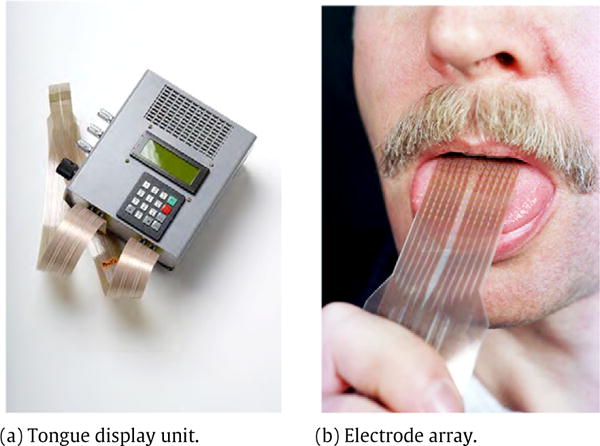Neuroplasticity
| Warning |
|---|
| This post is not based on references, so trust it only in moderation. |
RTFM (Read the Field Manual  )
)
“The world will ask you who you are, and if you don’t know, the world will tell you.”
– Carl Jung
The brain is fascinating, as many of you probably agree.
There are neurons and synapses firing electricity.
But a chemical balance of ionised magnesium and sodium dictates the conductivity across synapses.
So remember to keep a balanced diet to maintain a healthy brain ![]() .
.
What is interesting about the brain is how it adapts seemingly to every circumstance. Learning to live in a community, using a knife and fork, and knowing which foods one wants to eat (such as craving chocolate for magnesium).
The Tongue Display Unit is an example of learning, where devices were plugged into people’s tongues providing sight. The tongue was chosen because it is unintrusive and sensitive. The brain, of course, doesn’t see with the tongue. More importantly, it doesn’t know how to see with the tongue. But it learnt purely by being exposed to this electronic input over time.

As we can see, the brain learns automatically without us even being able to prevent it from doing so. This property of the brain opens an exciting question. Are we able to program ourselves?
Self-programming
“We are what we repeatedly do. Excellence, then, is not an act, but a habit.”
– Aristotle
(The above quote is arrogant and elitist - everyone is equal irrespective of having honed their craft.)
We can do the activities mentioned earlier because we learned to do so. The first time you used cutlery, you probably weren’t very good at it. You probably didn’t even want to use these tools as they slowed you down!
But with practice, you learnt. Your brain adapted to this way of thinking in an environment where you have cutlery, and now it is second nature to pick up the knife and fork and continue a conversation as if you had always known how to do that.
Musicians and other artists are also very familiar with the process of learning - you pick a technique or subject and then you put in the hours to get good at it. It is the combination of exposure to experience and deliberate practice.
Patching the operating system
The above context is self-programming as learning new skills.
What about restructuring our identity?
If you don’t consider yourself funny, courageous, smart, considerate etc. - is this because you got used to this identity? Is this a choice made for you by fate? Can you change it to be more aligned with your values?
Ten reps, five sets per lobe
If we learn a task by repeatedly doing it, we can change our thoughts by repeatedly thinking in the desired way.
We often hear how athletes emphasise the “battle of the mind”. The same goes for people in the military, having to overcome exertion alongside awful conditions.
I had always been unusually sceptical of people repeating mantras to themselves. “Think happy thoughts and good things will happen”. It always felt uninformed and hopelessly optimistic. How wrong I was… It goes to show we can learn something from everyone - especially people with polar opposite perspectives.
Takeaways
It’s easy to miss the nuance when thinking about the above. It’s even harder to distil years of thinking about the subject into a single blog post. So here are some clear takeaways from the above.
- Train your brain like a muscle. Devote time to think differently.
- Change your lifestyle to become the person you want to be. If you program daily, you will get good at it. If you smile every day, you will get good at it.
- Everything is iteration. You are building yourself brick-by-brick. The brain learns through exposure and not by tensing muscles. Expose yourself to what you want to learn.
- Change (as is learning) is uncomfortable. You are leaving your comfort zone to delve into the unfamiliar. It’s important to seek that discomfort.
- You can be whoever you want to be, within reason. This gets a lot of slack because you can’t just “become a millionaire”. But you can settle for the moon.